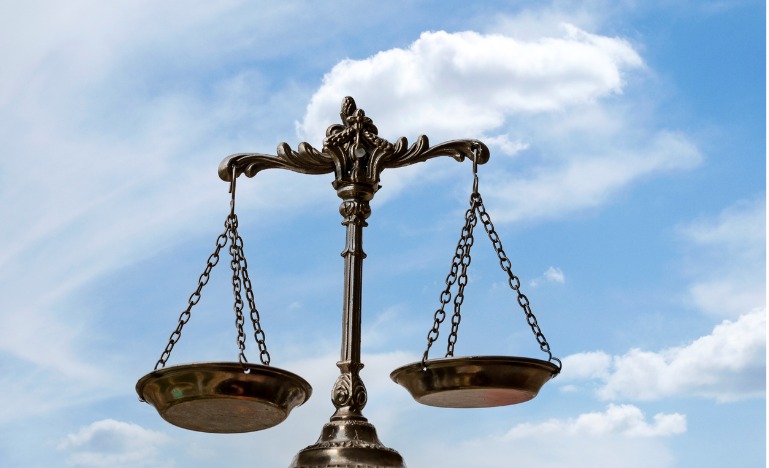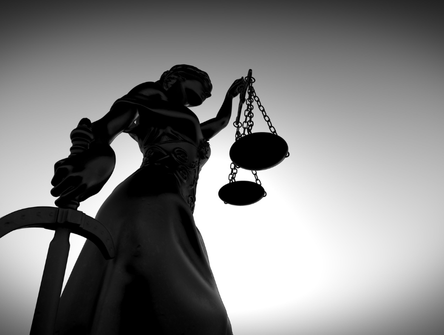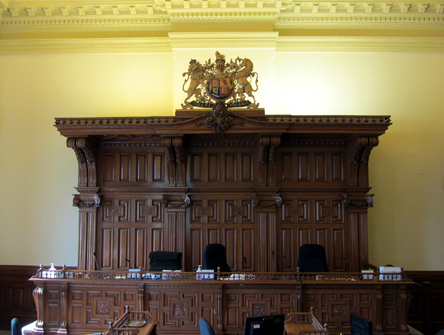Incivility from the bench?
Judges are well capable of maintaining professionalism and order in Canada's courts.

Everyone has a bad day from time to time, usually the result of one of life's challenges – a problem at work, a child struggling at school, a sick dog. But for many, ensuring these rough patches don't adversely affect work performance is crucial.
Certainly, the stakes are higher for some professionals than for others, such as emergency doctors or firefighters who make life-or-death decisions.
Even for legal professionals, the consequences can be grave. A judge having a bad day in the courtroom can lead to tragic outcomes and undermine Canadians' confidence in the rule of law.
The most common manifestation of this is irritability. A cranky judge can be discourteous to counsel, fail to recognize that a witness or accused is in emotional distress, or not give court staff the recognition they deserve for their work.
According to Alexander Gay, if instances of judicial incivility rarely get any attention, it's because we still view judges as "beyond reproach."
I take issue with the premise.
It's true that judges, like anyone else, have their challenging days. And in a perfect world, it should never impact their behaviour in the courtroom. But naturally, there are instances when it does. Sometimes, a simple apology to the lawyer, litigant, or witness is often enough to move on.
On the other hand, there are times when judges must assert control by being stern in dealing with uncivil behavior from lawyers and litigants. They might raise their voice, use blunt language, or both. Those are not really cases of incivility; they are an integral part of judges fulfilling their responsibility to maintain order in the courtroom.
As Gay noted, it's hard to define incivility. The Supreme Court, in Groia v. Law Society of Upper Canada, rejected a rigid definition in its analysis. Applying the court's word to judges, determining whether a judge's behaviour "warrants a finding of misconduct must remain a context-specific inquiry that is flexible enough to assess behaviour arising from the diverse array of situations" in which judges find themselves.
Judges are by no means spared such assessments. In 2022, the Canadian Judicial Council held a disciplinary hearing that resulted in a recommendation that Quebec Superior Court Justice Gérard Dugré be removed from office due to his failure to deliver judgments in a timely fashion and uncivil behaviour in court.
According to a CJC summary of the complaints against Justice Dugré, he belittled parties and counsel, made inappropriate and offensive comments and did not allow parties to present their case.
Justice Dugré contended that each of the counts should be assessed individually, suggesting that they did not warrant a recommendation for removal on their own.
The CJC disagreed and adopted the reasoning of the inquiry panel, which, during the initial hearing, held that its responsibility was to make an overall assessment of Justice Dugré's ability to execute his judicial office.
Prior to the 2023 amendments to the Judges Act, the Canadian Judicial Council's (CJC) only real recourse for addressing this type of situation was recommending to Parliament that a judge be removed from office. But it proved ineffective for isolated instances or even multiple acts of incivility that didn't rise to the kind of behaviour exhibited in Dugré.
However, section 102 of the Act now empowers a review panel of the CJC to take various measures, such as issuing private or public expressions of concern, warnings, reprimands, or ordering the judge to apologize, privately or publicly.
Another way to address incivility within the judiciary is through the authority of each court's chief justice. Chief justices are often the first to hear that a judge is struggling to perform their duties. Though judges enjoy considerable independence in their job, a gentle or more forceful nudge from a chief justice may prompt the offending judge to issue an apology if necessary. Or, if the problem appears to be chronic, the chief justice can recommend counselling or education.
On that last point, judges undergo ethics education through national programs like the new judges' school and a dedicated ethics course, informed by the Ethical Principles for Judges.
The Principles feature a specific section on civility in the chapter on integrity and respect, and aspects of civility are addressed throughout the document. When compared to the Principles of Civility and Professionalism for Advocates, particularly the section outlining what advocates can expect from the judiciary, there's consistent guidance.
A session about civility, created by Professor Richard Devlin of Schulich School of Law and which I helped facilitate, focuses on the language judges use in their courtrooms, oral reasons and decisions. It was clear that judges valued the session's emphasis on maintaining professionalism, respect, and courtesy.
These are some of the ways that the judiciary addresses issues with incivility from the bench. Some lawyers who practice in courts nationwide may view this as cold comfort. Complaining about a judge's conduct is risky business, after all. If the complaint is dismissed, or allowed but the sanction falls short of a recommendation for removal, one might worry the judge will harbor resentment.
But remember: Canada has one of the world's most professional judicial appointment systems.
What's more, those who are appointed are highly professional. Most have served as trial judges. They are accustomed to being corrected occasionally and view admonishments for instances of incivility no differently. Then, everyone can move on and do their job.


